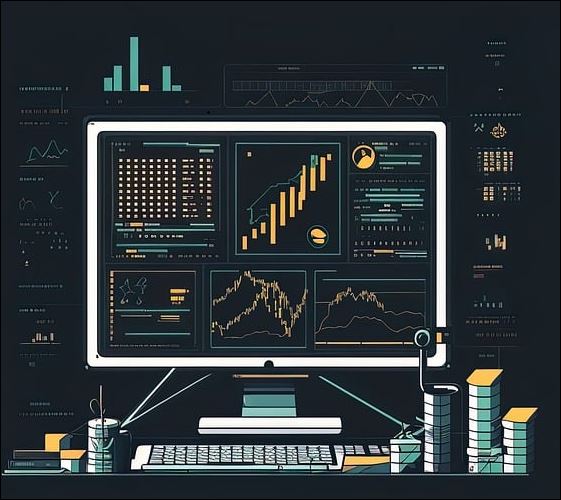10 Life Lessons from a Former Day Trader
Day trading is the best job in the world—on the days you make money.
You enter a trade, and 20 minutes later, you’re out with a profit. The rest of the day, you’re glowing from that win. But on the bad days? It can feel like the worst job on earth. The trade turns against you, and you feel your heartbeat pounding through your entire body, wishing it would just stop.

Over the years, I’ve walked away from day trading. But the lessons I learned during that intense period have stayed with me—and they still shape how I live and work today.
1. You Can’t Predict the Future (Even If You Think You Can)
Everyone thinks they can. But they can’t.
This doesn’t just apply to trading—it applies to life.
You could be married for ten years, then one day, you’re divorced. No one sees everything coming.
You can tilt the odds in your favor—wear a seatbelt, avoid bridges—but believing you can predict and control the future is a shortcut to unhappiness.




 Forex trading is often seen as a part-time endeavor or even just a “hobby.” That perception isn’t entirely off base—most forex traders begin their journey while holding onto full-time jobs. For many, it becomes a valuable source of extra income. However, behind every part-time trader lies a dream: to one day quit the traditional 9-to-5 and earn a living trading from anywhere in the world, on their own schedule.
Forex trading is often seen as a part-time endeavor or even just a “hobby.” That perception isn’t entirely off base—most forex traders begin their journey while holding onto full-time jobs. For many, it becomes a valuable source of extra income. However, behind every part-time trader lies a dream: to one day quit the traditional 9-to-5 and earn a living trading from anywhere in the world, on their own schedule. Scalping is a fast-paced trading style in the Forex market where traders aim to profit from small, frequent price movements. Unlike swing or trend traders who hold positions for hours or days, scalpers enter and exit trades within minutes—or even seconds—seizing micro price changes throughout the trading day. The goal isn’t to catch big market moves but to accumulate small gains that can add up over time.
Scalping is a fast-paced trading style in the Forex market where traders aim to profit from small, frequent price movements. Unlike swing or trend traders who hold positions for hours or days, scalpers enter and exit trades within minutes—or even seconds—seizing micro price changes throughout the trading day. The goal isn’t to catch big market moves but to accumulate small gains that can add up over time.